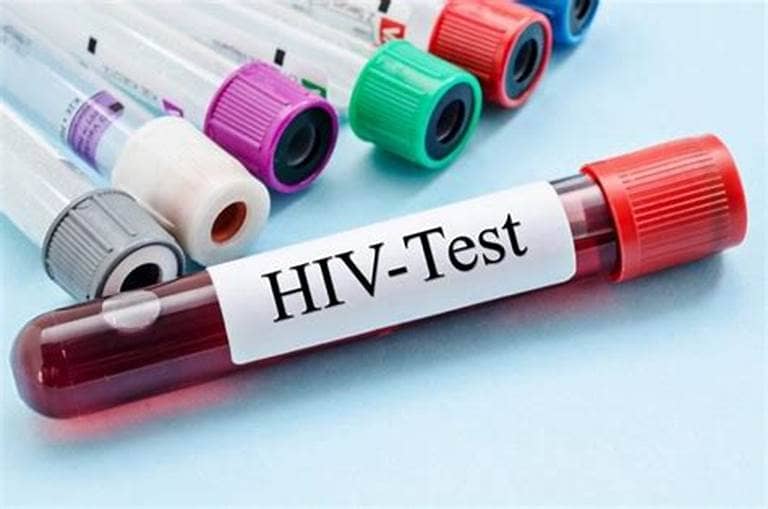
SOURCE: DAILY OBSERVER NEWS PAPER- Health officials in Antigua and Barbuda have raised concerns about a significant gap in the treatment of HIV, as new data reveals that more than half of the known HIV-positive population may not be accessing regular care.
According to the latest statistics released by the AIDS Secretariat, approximately 1,035 people are currently living with HIV in the twin-island nation, but only about 400 are actively seeking treatment.
Programme Manager for HIV and AIDS Nurse Delcora Williams highlighted the disparity in treatment access.
“For us as a national programme, we only see roughly about 400 persons accessing care,” she said. “That tells us right now that we have nearly about 600 persons that we don’t actually know where they’re accessing care.”
The detailed data presented by the Secretariat reveals a total of 1,497 documented cases of HIV since the start of the programme. This figure encompasses 803 adult males and 694 adult females, alongside 30 children — 13 boys and 17 girls.
Among these cases, there have been 462 reported deaths — 277 males and 185 females. This data highlights the significant impact of HIV on various demographics within the community.
CLICK HERE TO JOIN OUR WHAT’S APP GROUP
Williams emphasised the urgency of addressing this treatment gap, particularly as the country works toward global health targets. “For any programme, it’s concerning because we need to have those persons in care. We need to have them virally suppressed. For Antigua to achieve its 2030 goal, which is no AIDS by 2030, we have to make sure we can account for those persons.”

The infection patterns in Antigua and Barbuda have shown unexpected trends, particularly regarding age demographics. “Antigua is kind of a little varying,” Williams said, describing how last year saw 12 individuals over 60 testing positive for HIV, representing the largest portion of new cases. This pattern reflects the unpredictable nature of the epidemic, as different age groups show varying infection rates from year to year.
Of particular concern is the impact on younger populations, given the economic implications for the nation’s workforce.
“From the time you clock 20 and you’re going to 49, this is your most productive age,” Williams explained. “If you are infected by 20, you’ll find that by 49, you start to become ill. You have to be coming from work to meet your doctor’s appointment, to get tested … anything that impacts the younger age group of Antigua and Barbuda, the more impactful it is to our economic development.”
The Secretariat is actively promoting prevention strategies, including pre-exposure prophylaxis (PrEP) and post-exposure prophylaxis (PEP). Williams stressed the importance of personal responsibility and awareness: “What I want everybody to know, is they should be concerned about themselves. What am I doing that puts me at risk for HIV? Because that is what they need to address.”
Under this year’s theme, “Take the Rights Path,” the Secretariat emphasises individual rights and responsibilities in HIV prevention and treatment.
“You have the right to get tested, you have the right to access care and treatment, you have the right to be treated, and you have the right to be treated as a human being, no matter what,” Williams affirmed, encouraging residents to know their HIV status and take advantage of available prevention measures.
CLICK HERE TO JOIN OUR WHAT’S APP GROUP CLICK HERE TO JOIN OUR WHAT’S APP GROUP
CLICK HERE TO JOIN OUR WHAT’S APP GROUP
CLICK HERE TO JOIN OUR WHAT’S APP GROUP
CLICK HERE TO JOIN OUR WHAT’S APP GROUP
CLICK HERE TO JOIN OUR WHAT’S APP GROUP
Advertise with the mоѕt vіѕіtеd nеwѕ ѕіtе іn Antigua!
We offer fully customizable and flexible digital marketing packages.
Contact us at [email protected]

















This is sad and troubling on every level because while AIDS is no longer a death sentence, many patients still face barriers to accessing care including stigma and discrimination. The decade old discrimination still persists. That over 600 persons locally are positive and not getting care is worrisome and troubling.
Before you insert, know your partners status please.
Comments are closed.